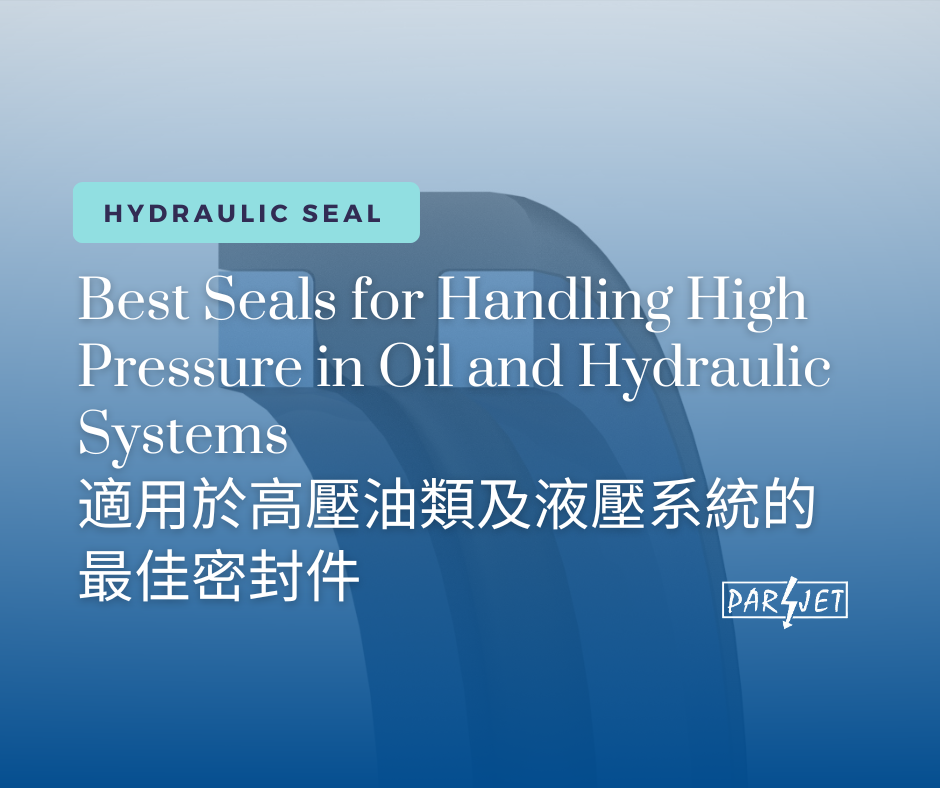Best Seals for Handling High Pressure in Oil and Hydraulic Systems
In the oil and hydraulic industries, where equipment routinely faces high pressures, the integrity of system components is paramount. Among these, the right seals play a crucial role in maintaining system efficiency and preventing failures. This article delves into the types of seals best suited for high-pressure environments, focusing on their essential qualities and optimal uses.
Essential Qualities of High-Pressure Seals
For a seal to function effectively in high-pressure environments, it must exhibit several critical qualities:
- • Material Durability and Strength: Materials need to withstand intense forces without deforming.
- • Common Materials: Polyurethane, Nitrile Rubber (NBR), Fluoroelastomers (FKM).
- • Chemical Compatibility: Seals must resist the chemicals they will encounter.
- • Preferred Materials: FKM, PTFE for their excellent chemical resistance.
- • Thermal Resistance: High temperatures are often a byproduct of high-pressure systems.
- • Ideal Choices: PTFE and FKM are effective across wide temperature ranges.
Optimal Seal Types for High-Pressure Applications
Choosing the right type of seal is crucial for ensuring reliability under pressure:
- • Spring-Energized Seals:
- Benefits: Consistent force application ensures contact with sealing surfaces, suitable for dynamic applications with pressure and temperature fluctuations.
- • PTFE Seals:
- Advantages: Outstanding chemical resistance, low friction, and high thermal stability make them ideal for challenging conditions.
- • O-Ring Seals:
- Materials: Often made from FKM or Nitrile.
- Cost-Effectiveness: Effective at sealing high pressures when designed with proper dimensions.
Real-World Applications
High-pressure seals are utilized across various industries, each with specific requirements:
- • Oil Industry:
- • Uses: Drilling equipment, pipelines.
- • Purpose: Prevent leaks that can lead to environmental and operational hazards.
- • Hydraulic Systems:
- • Industries: Construction, manufacturing machinery.
- • Purpose: Maintain system efficacy and prevent fluid leakage.
Choosing the Right Seals
Selecting the appropriate seal involves a deep understanding your system’s specific needs:
- • Pressure Levels: Choose seals that can handle the maximum operating pressures.
- • Operational Temperatures: Ensure the seal materials can withstand your system’s temperature range.
- • Fluid Types: Select materials that are compatible with the fluids in your system.
Conclusion
Selecting the appropriate high-pressure seals is crucial for the reliability and safety of oil and hydraulic systems. With the right materials and designs, such as those provided by Parjet, operators can ensure optimal performance and minimal downtime.
Contact Us
To find out more about our high-pressure sealing solutions, contact Parjet today. Our expert team is ready to provide you with seals that meet your specific needs and help keep your systems running smoothly under pressure.






